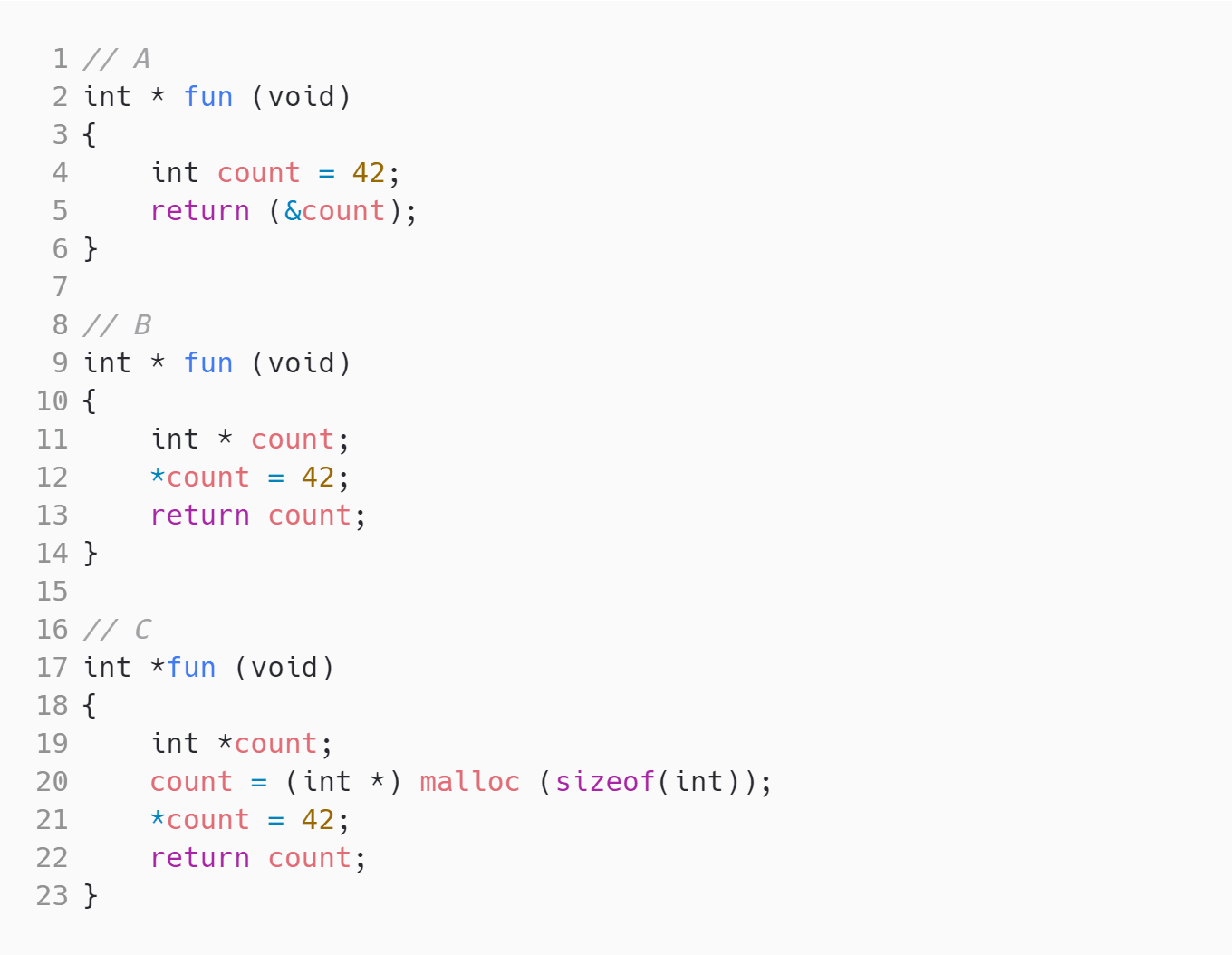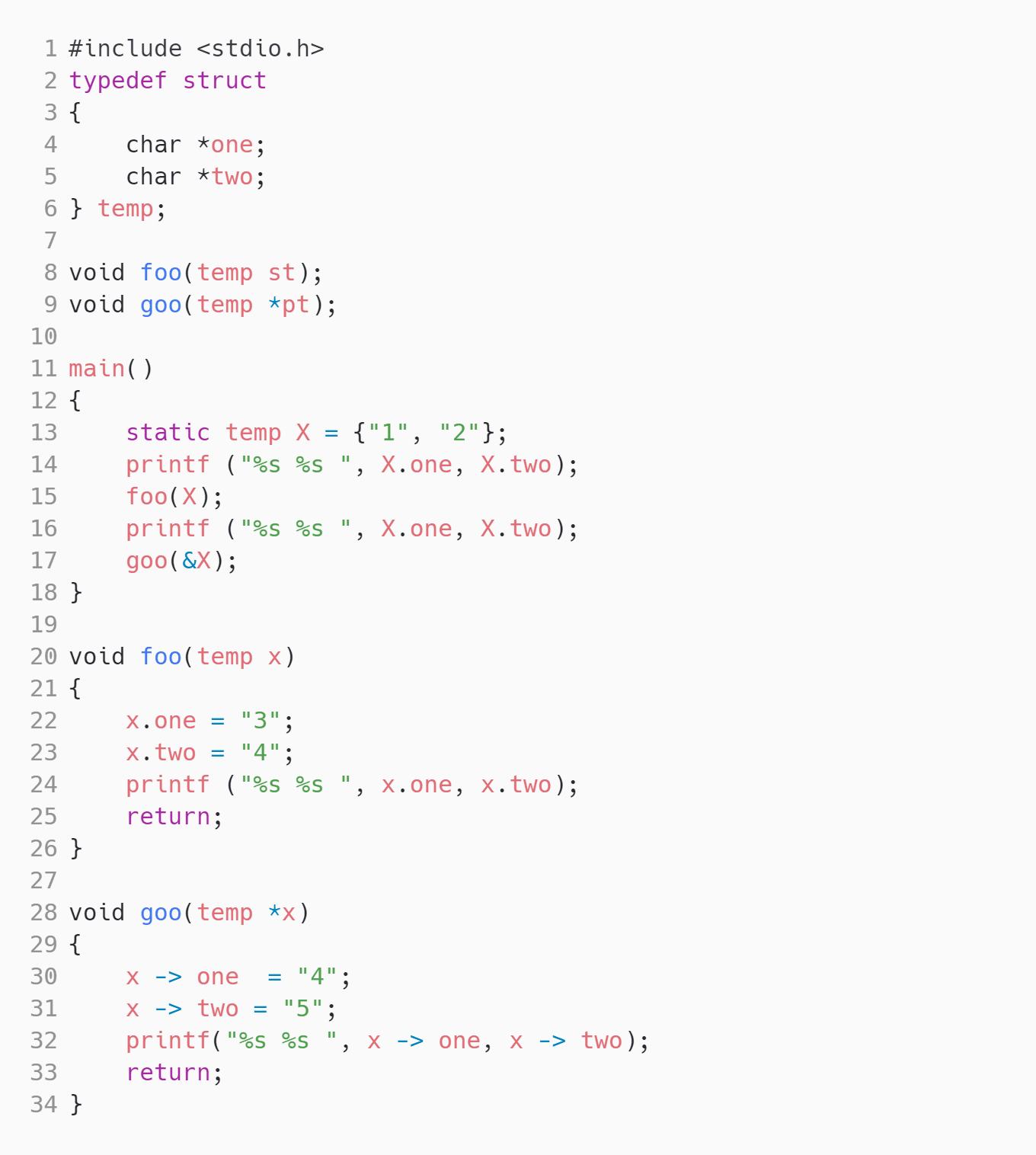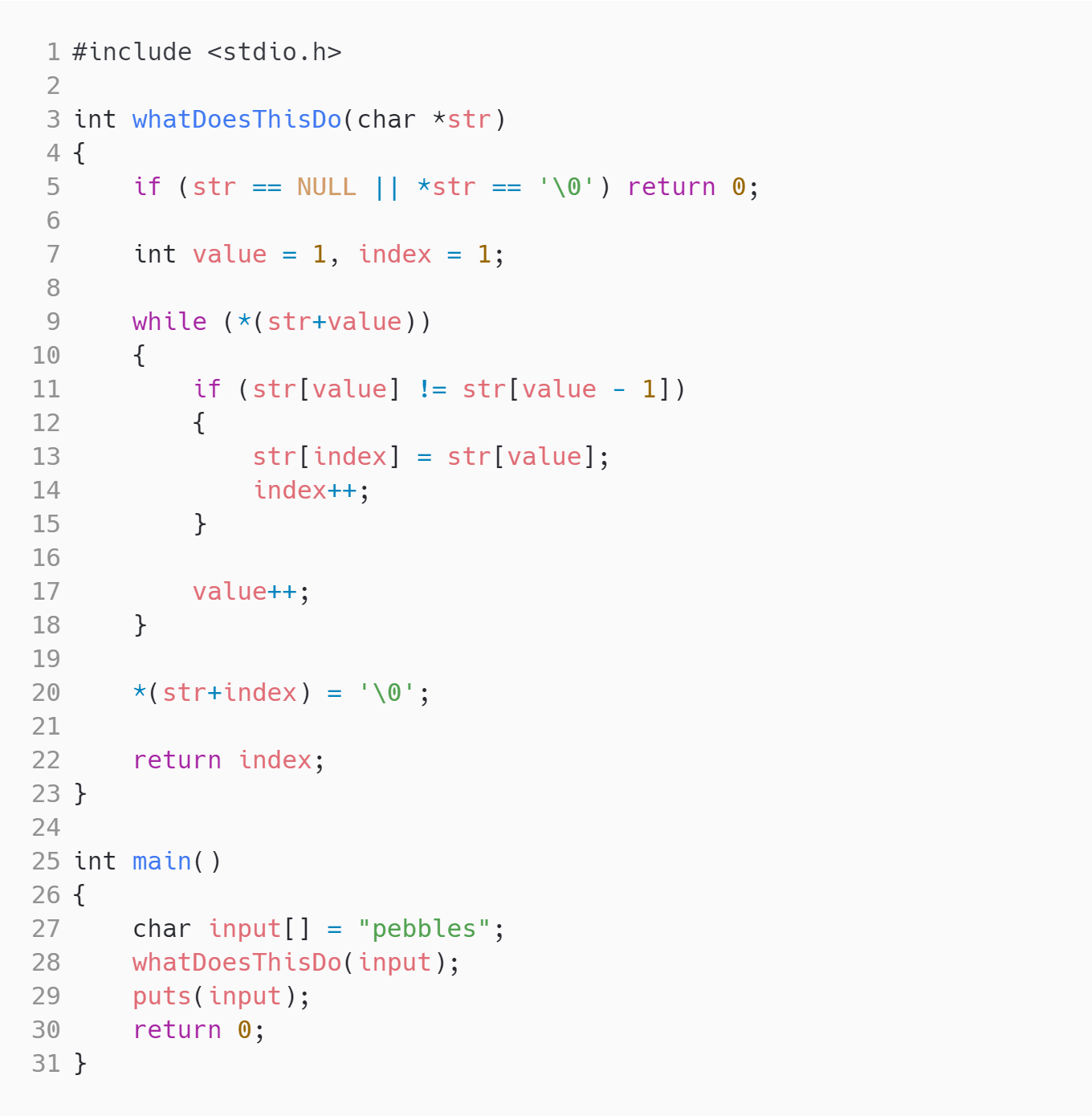C Programming: C Programming is a programming language commonly used for system programming and low-level computer operations. It is essential to measure this skill in the test to assess a candidate's ability to write efficient and optimized code using C language.
Variables and Data Types: Variables and Data Types are fundamental concepts in programming. This skill should be measured in the test to evaluate a candidate's knowledge of different variable types, their declaration, and their usage in C programming.
Operators: Operators are symbols that perform specific operations on one or more operands. Measuring this skill in the test helps assess a candidate's understanding and proficiency in using arithmetic, relational, logical, and bitwise operators in C programming.
Control Structures: Control Structures are statements that control the flow of execution in a program. This skill is measured in the test to evaluate a candidate's ability to construct and use conditional statements, loops, and branching structures to achieve desired program behavior.
Functions: Functions are self-contained blocks of code that perform specific tasks. Measuring this skill in the test helps assess a candidate's understanding of function declaration, definition, invocation, parameters, return types, and their role in modular programming using C language.
Arrays: Arrays are collections of similar data types stored in a contiguous memory location. This skill should be measured in the test to evaluate a candidate's knowledge of array declaration, initialization, accessing elements, and their applications in storing and manipulating a fixed number of values.
Strings: Strings are sequences of characters in C programming. Measuring this skill in the test helps assess a candidate's understanding of string manipulation, handling, concatenation, comparison, and their usage in various applications involving text processing.
Pointers: Pointers are variables that hold memory addresses of other variables. This skill is measured in the test to evaluate a candidate's knowledge of pointer declaration, arithmetic, dereferencing, dynamic memory allocation, and their importance in memory management and efficient data access in C programming.
Structures and Unions: Structures and Unions are user-defined data types that allow combining different data types into a single entity. Measuring this skill in the test helps assess a candidate's understanding of creating and manipulating structures and unions, accessing their members, and their role in organizing and representing complex data in C programming.
File Handling: File Handling involves performing operations on files, such as reading, writing, and modifying their contents. Measuring this skill in the test evaluates a candidate's knowledge of file handling functions, file opening modes, and their ability to perform file I/O operations in C programming.























































